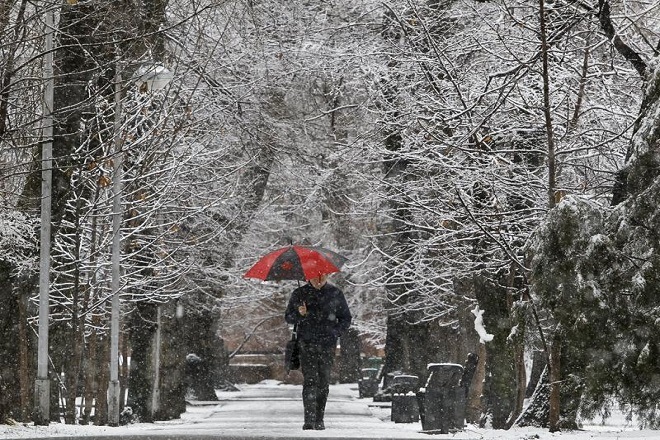Can something as unrelated as weather help you make stupendous gains in the capital markets? Turns out, there are bizarre ways in which people make a moolah. One can actually make money by speculating that the temperature in California would be warmer than usual. If that’s not good enough, maybe one could reckon that the snowfall next winter would be minimal.
Weather derivative contracts allow participants to speculate on changes in the temperature. When speculating on temperature, a buyer would pay a premium for the option to wager on future temperatures. If the temperature hits a specified level, then the buyer gets to collect the amount agreed upon by the seller. If it doesn’t, the seller keeps the premium and the contract expires.
The snowfall futures and options traded on the Chicago Mercantile Exchange have enabled market participants such as energy and tourism companies, as well as state and local governments to more effectively manage their exposure to snowfall by providing a means to transfer their inherent risk. However, it’s used by speculators to profit from uncertainty of weather.
The amount of snow (inches) and rain that falls in a specific area can be traded as a futures contract or option. Contracts can be traded for snow and rain at various geographical locations, usually designated by a major airport in a city. The first weather derivative deal involving Aquila Inc — an electricity cum gas distribution major — and Consolidated Edison Inc (ConEd) — an energy behemoth — took place in 1996. The transaction involved ConEd’s purchase of electric power from Aquila for the month of August. The price of the power was agreed, and a weather clause was embedded into the contract. This clause stipulated that Aquila would pay ConEd a rebate if August turned out to be cooler than expected.
Hurricane futures is another weather derivative. Hurricane futures are traded on the Chicago Mercantile Exchange based off the CME Hurricane Index (CHI) — which is a measurement of hurricane damage based on data from the National Weather Service. It was launched following the devastating 2005 hurricane season that caused an estimated $79 billion in damage. Besides being a possible destination for the macabre speculator, these contracts are useful to insurance companies and oil producers, both of which can suffer massive losses if several big hurricanes cause damage or shut down operations during the annual hurricane season.
Apart from the above mentioned contracts, speculators also buy and sell contracts in wheat, milk, cattle, soybeans, pork bellies, lumber and a dozen more subgroups of commodities. Indeed, this makes for an interesting alternative for investors with the appropriate risk appetite to consider beyond the usual stocks, bonds, gold and real estate.


